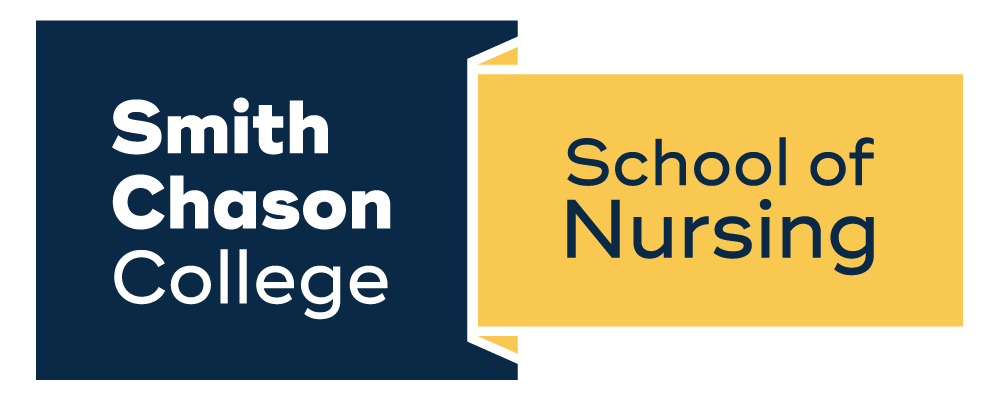Nursing Against AIDS: Advocacy, Awareness, and Compassionate Care
Every year, on December 1st, the world comes together to observe World AIDS Day. It’s a day to reflect on the progress made in the fight against HIV/AIDS, raise awareness about the disease, show support for those living with it, and commemorate those we have lost. In this extended blog, we’ll delve deeper into the crucial role nurses play in this battle, as well as the importance of AIDS awareness, with a focus on the concept of “Nursing Against AIDS.”
World AIDS Day: A Global Call to Action
With over 38 million people worldwide living with HIV/AIDS, World AIDS Day serves as a stark reminder that the fight against this disease is far from over. HIV (Human Immunodeficiency Virus) attacks the immune system, weakening the body’s ability to fight off infections and diseases. AIDS (Acquired Immunodeficiency Syndrome) is the final stage of HIV infection when the immune system is severely damaged.
This global event not only raises awareness about HIV/AIDS but also highlights the importance of early diagnosis, prevention, and the need for supportive care for those affected. In the face of this epidemic, nurses have emerged as true heroes, providing compassionate care and advocacy for those living with HIV/AIDS.
AIDS Awareness: Knowledge is Power
AIDS awareness is a critical component of the fight against the disease. Knowledge is power, and being informed about HIV/AIDS helps reduce stigma, dispel myths, and encourage people to get tested and seek treatment. Nurses are at the forefront of AIDS awareness, educating patients, communities, and even policymakers about the disease’s realities.
They play a vital role in teaching people about safe sex practices, the importance of regular testing, and adherence to antiretroviral therapy (ART) for those living with HIV. By arming people with accurate information, nurses help break down barriers and reduce discrimination associated with the disease.
Nursing Against AIDS: Compassionate Care
“Nursing Against AIDS” is not just a phrase; it represents the commitment of healthcare professionals to provide comprehensive, compassionate care to those affected by HIV/AIDS. Nurses work tirelessly to ensure that patients receive the best possible care, not only for their physical health but also for their emotional and mental well-being.
Comprehensive care
Nurses provide holistic care to individuals living with HIV/AIDS. This includes administering medications, monitoring for side effects, and managing symptoms. They also educate patients on the importance of adherence to treatment regimens, helping them lead healthier lives.
Emotional support
A diagnosis of HIV/AIDS can be emotionally overwhelming. Nurses offer a compassionate ear, lend emotional support, and help patients navigate the complex emotional journey associated with the disease. Their empathy and understanding make a significant difference in patients’ lives.
Preventive education
Nurses engage in preventive education, emphasizing the importance of safer sex practices, the use of condoms, and regular testing for HIV. They work tirelessly to reduce the transmission of the virus, one conversation at a time.
Advocacy and policy change
Nurses are not just caregivers; they are advocates for their patients and for change. They push for policy changes that can improve the lives of those living with HIV/AIDS. This includes advocating for better access to healthcare services, affordable medications, and a supportive environment free from discrimination.
Inclusive Healthcare: The Foundation of a Meaningful Career
Inclusive healthcare is a cornerstone of a meaningful career in the medical field. It involves providing healthcare services that are accessible, equitable, and compassionate for all individuals, regardless of their background, ethnicity, or health condition. In the context of HIV/AIDS, inclusive healthcare is of paramount importance.
Medical Imaging: A Vital Component of Inclusive Healthcare
Medical imaging plays a crucial role in the diagnosis and monitoring of HIV/AIDS. It allows healthcare professionals to visualize the progression of the disease, assess the effectiveness of treatment, and detect complications. Medical imaging technologies, such as X-rays, CT scans, and MRI scans, enable healthcare providers to make informed decisions about patient care.
Pursue Your Career Now!
World AIDS Day serves as a reminder of the ongoing fight against HIV/AIDS and the critical role nurses play in this battle. Their dedication to advocacy, awareness, and compassionate care is indispensable in the fight against this global epidemic. As we commemorate World AIDS Day, let us also recognize the importance of AIDS awareness and the need for inclusive healthcare for all.
Join us in making a difference in the lives of those affected by HIV/AIDS and pursue a meaningful career in healthcare today. Uncover the importance of inclusive healthcare, medical imaging, and equality in health services. Your journey in the medical field can contribute to a world where HIV/AIDS is no longer a global health crisis but a conquered challenge.
Frequently Asked Questions About World AIDS Day
Why do we celebrate World AIDS Day?
World AIDS Day is observed to raise awareness about HIV/AIDS, show support for people living with HIV, commemorate those who have died from AIDS-related illnesses, and promote efforts to prevent and treat HIV/AIDS. It serves as a global reminder of the ongoing battle against HIV/AIDS and the importance of continued education, prevention, and support for affected individuals and communities.
What is the slogan for AIDS Day?
The slogan for World AIDS Day can change from year to year, depending on the theme and messaging chosen by the organizing bodies. To find the specific slogan for World AIDS Day 2023, refer to official sources or campaigns associated with the event.
What happened on World AIDS Day?
On World AIDS Day, various events and activities take place worldwide. These may include awareness campaigns, memorial events, fundraising efforts, government initiatives, solidarity and support gestures, and the provision of health services. The goal is to promote awareness, reduce stigma, support those affected by HIV/AIDS, and raise funds for research, prevention, and treatment efforts. Specific events and activities can vary from place to place and from year to year.
